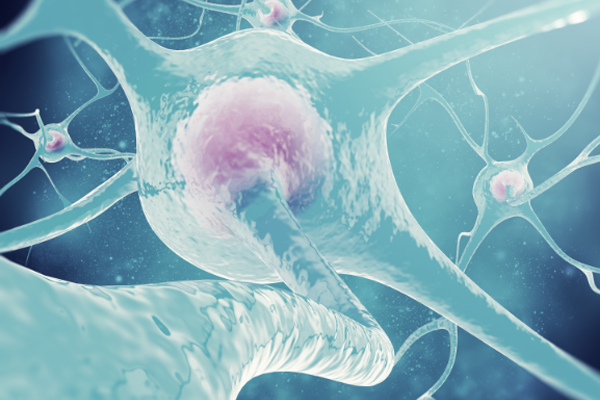A psychostimulant drug is any chemical substance that works by stimulating the central nervous system, resulting in a range of symptoms like talkativeness, increased energy levels, and improved concentration. Some examples of psychostimulant substances include prescription stimulants like Ritalin and Adderall, illicit drugs like cocaine and even caffeine. Many people use psychostimulant prescriptions as they were intended to be used, and when taken as prescribed they can be extremely beneficial. However, many individuals choose to take psychostimulant drugs for other reasons – namely for cognitive enhancement. 
Dangers of Cognitive Enhancement With Stimulant Abuse
Prescription medications like Adderall are widely considered “study drugs,” and are frequently taken by people who do not suffer from attention deficit-hyperactivity disorder and who do not take the medications for any other medical purpose. They take the medication because it helps them focus – maybe they need to cram prior to a major test, or stay up late writing a term paper.
Misusing Psychostimulants as Study Drugs
According to an article published by the American Society for Pharmacology and Experimental Therapeutics titled, “Psychostimulants and Cognition: A Continuum of Behavioral and Cognitive Activation,” explains that cocaine is a psychostimulant drug that is often used for cognitive enhancement, and has been used this way for decades. Drugs that are now illicit – drugs like cocaine and methamphetamine – have been used to enhance cognitive functioning and overall performance throughout history. Unfortunately, they are very addictive and can cause more harm than good very quickly. To further understand what a psychostimulant is, the word can easily be broken down. “Psycho” means of or affecting the mind, and “stimulant” refers to a substance that stimulates the central nervous system. A psychostimulant is a drug that stimulates the mind and can be used for cognitive enhancement. However, there are many dangers involved in using psychostimulant drugs for cognitive enhancement. In addition to potential physical and psychological dependence, dangers include:
- The development of psychological disorders, namely anxiety
- High blood pressure
- Irregular heartbeat, heart palpitations, and cardiovascular disease
- Problems with the skin, such as skin discoloration and other changes to pigment
- An increased risk of seizures
- An inability to focus
- Persistent changes to mood, including mood swings that are marked by irritability and aggression
If you or someone you know and love has been abusing a psychostimulant drug, we are available to help. Call us today for more information.
Evoke Wellness and Stimulant Addiction Recovery
At Evoke Wellness we treat men and women of all ages who have been struggling with stimulant abuse of any severity or type. We specialize in treating individuals who have been suffering at the hands of prescription stimulant addiction, as well as individuals who have been using illicit stimulants (like cocaine or methamphetamine) for any period. Many individuals believe that prescription stimulants are exceptionally safe to use simply because they were once prescribed by a medical professional. The truth is that medications like Adderall and Ritalin are highly habit-forming, and even when they are used to enhance cognitive function, they can result in physical and psychological dependence. using medication for cognitive enhancement when you do not need the medication can be extremely dangerous. If you have been abusing medication or any other psychostimulant, feel free to reach out to Evoke Wellness at your earliest possible convenience. Our admissions counselors are standing by to help get you started on your journey of addiction recovery. During our initial phone call, we will conduct an assessment and ask a series of questions designed to help our clinical team get a better feel for where you are at. Once the assessment is complete, we set a date for your intake and we help you arrange travel plans if need be. We understand how overwhelming committing to a long-term program of recovery can be, and we are available to help you every single step of the way.


